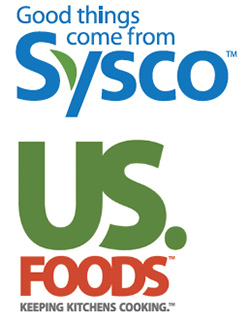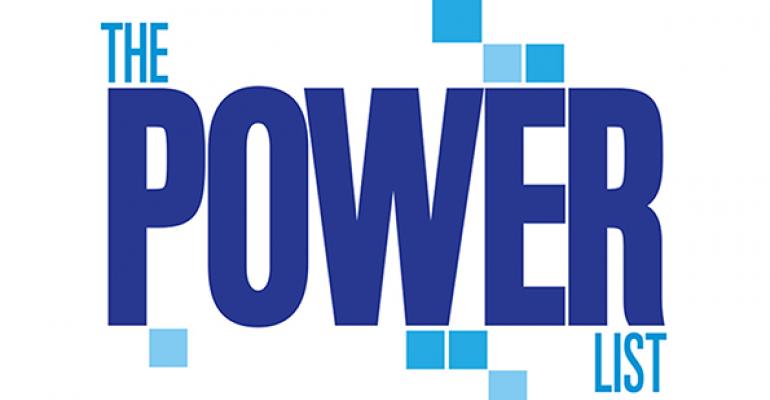William DeLaney has been one of the most powerful people in the restaurant business since he took the helm as CEO of Sysco Corp. in 2009. That influence will only intensify in 2015, because the Houston-based company is poised to take over its largest rival, US Foods, creating a singular distribution behemoth.
Combined, Sysco and US Foods would have 27 percent of the entire distribution market, and 100 percent of the share of the national distribution market. While Sysco is expected to sell some assets to get the $8.2 billion acquisition past government regulators, it will nevertheless dwarf other competitors. It’s a deal that needs to happen amid a changing customer landscape, according to DeLaney. In an email interview with Nation’s Restaurant News, DeLaney said that a bigger Sysco will help the company differentiate its products and services at a time of heavy competition for diners.
It’s a deal that needs to happen amid a changing customer landscape, according to DeLaney. In an email interview with Nation’s Restaurant News, DeLaney said that a bigger Sysco will help the company differentiate its products and services at a time of heavy competition for diners.
“To ensure customers’ success, we must continue to make substantial transformational changes,” he said. “This is a significant undertaking that requires striking the right balance between managing the magnitude of change and managing the speed of change. Ultimately, we want to transform our company into one that embraces change and seizes the opportunities in front of it.”
Together, Sysco and US Foods would have $65 billion in sales and 253 warehouses. The next largest company, Performance Food Group, has $13.7 billion in sales and 67 distribution centers. Many believe that gap will lead other, smaller competitors to merge in an effort to compete more effectively.

POWER PLAYS
Find out See which moves set the Top 10 apart from the rest of The Power List. >>
Other Highlights
• View last year's profile
• How the Sysco-US Foods merger could impact restaurants
The two companies announced the deal in December 2013, but concerns by federal regulators have delayed the deal, which is nevertheless expected to go forward in 2015. DeLaney will be CEO of the combined company.
The combination is expected to have the toughest impact on smaller and mid-sized chains that don’t have the clout to divide their contracts among multiple distributors like larger chains do. Some critics, including Minnesota Attorney General Lori Swanson, according to reports, have expressed fear that the deal will lead to less competition and higher prices.
DeLaney has a deep finance background. A native of Upstate New York, the Notre Dame graduate was a certified public accountant who worked for an oil service manufacturing company before taking a job as assistant treasurer at Sysco in 1987. He moved through the ranks at various Sysco divisions before he was named chief financial officer in 2007. He became CEO two years later.
DeLaney said the experience helped him understand the demand for change in the business.
“One key perspective that I bring to my role is that we see change as a constant,” he said. “And that the challenges and opportunities in front of us should always be viewed through the eyes of our customers.”
Contact Jonathan Maze at [email protected].
Follow him on Twitter: @jonathanmaze



